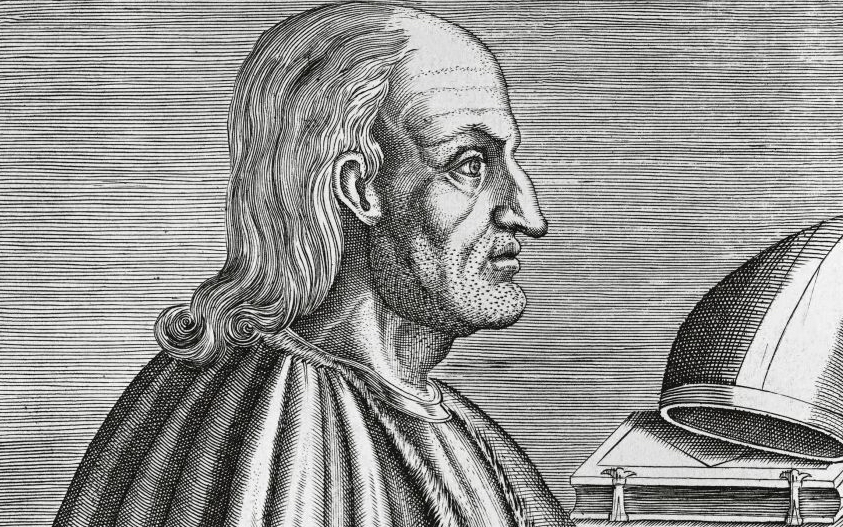Mark Olson, whose digs are over at Pseudo-Polymath, is (with my brother) one of the blogosphere’s best-kept secrets. He not only manages to find interesting links every morning, but frequently manages to write provocative and sophisticated content. A cyclist, Mark was educated at the University of Chicago in the 60s, which means he knows something about nearly everything.
Login to read more
Sign in or create a free account to access Subscriber-only content.
